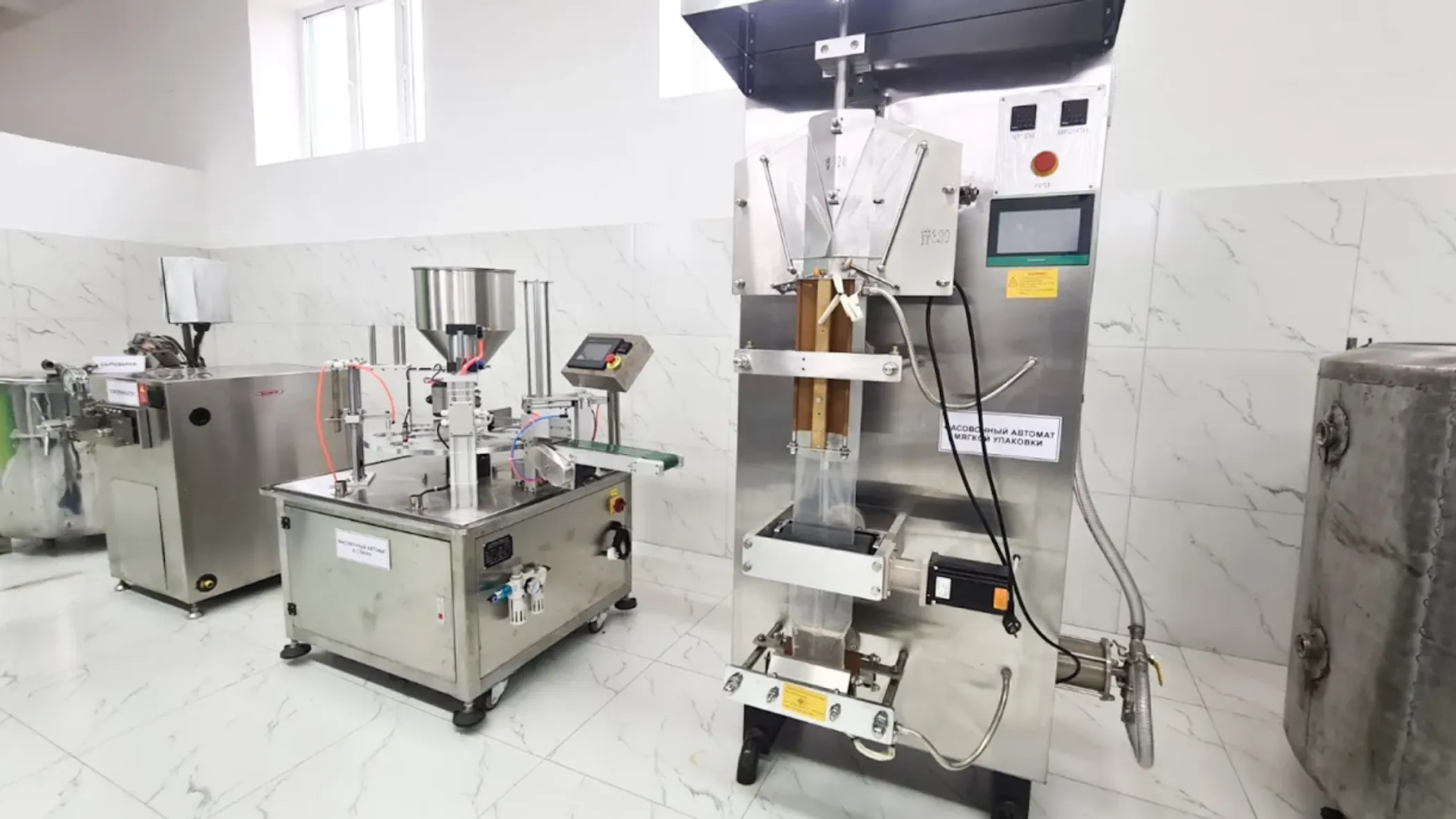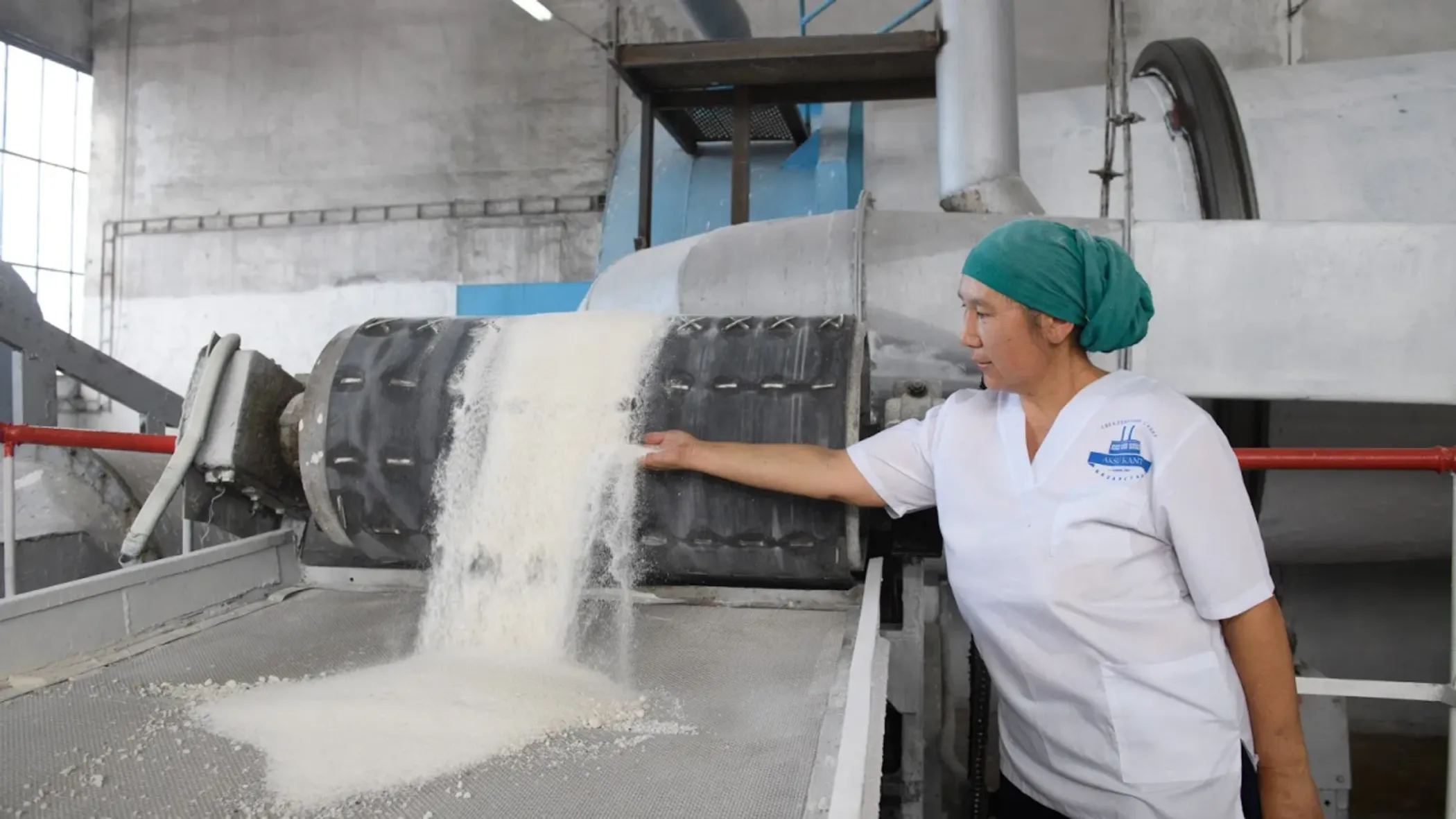On December 18, the government reported an increase in the output of domestic Small and Medium Enterprises (SMEs) from ₸23 trillion in the first six months of 2022 to ₸29 trillion in 2023 period-over-period. The number of people employed in SMEs increased by 500,000 to 4.3 million, and the sector’s share in the country's GDP reached 36.4%, QazMonitor reports citing primeminister.kz.
The report notes that since the Economic Demonopolization Commission started its work, it has dealt with the ownership of shares and participatory interests in 15 companies, seven buildings, over 160 railway tracks and structures, and other properties (more than 2,000 units).

Additionally, ₸1 billion was allocated to the Qazaqstan Halqyna public fund and approximately ₸2 billion to the Education Infrastructure Support Fund.
To prevent the emergence of new private operators, the government excluded 217 socially significant and strategically important objects from the Comprehensive Privatization Plan for 2021-2025.
The authorities also implemented additional mechanisms for investment agreements, allowing the conclusion of agreements with large investors on individual terms. Investors are guaranteed stability in national tax legislation for 10 years as provided by the Agreement on Investment Obligations.

Moreover, the “Economy of Simple Things” program, aimed at supporting domestic entrepreneurship, has been revised. The program now covers more types of manufacturing industries, and a list of 20 key sectors with an extended subsidy period of 7 years has been identified.
The government has completed the automation of risk management systems, intending to reduce the number of business inspections by half starting in 2024. State support for entrepreneurship (subsidies and loan guarantees) has allocated ₸2.3 trillion through Baiterek Holding, and support for SMEs has increased from ₸209 billion to ₸288 billion. Additionally, 10,000 unnecessary business requirements were eliminated.










